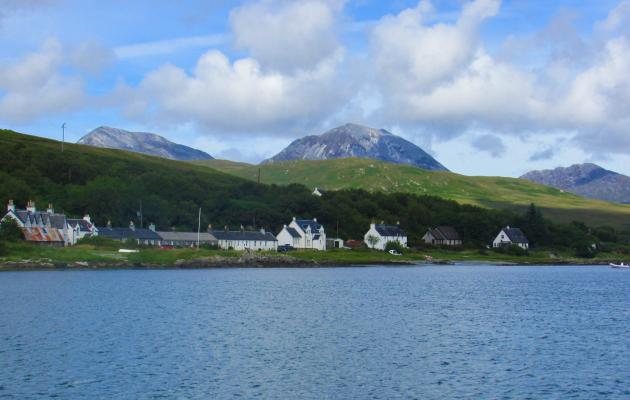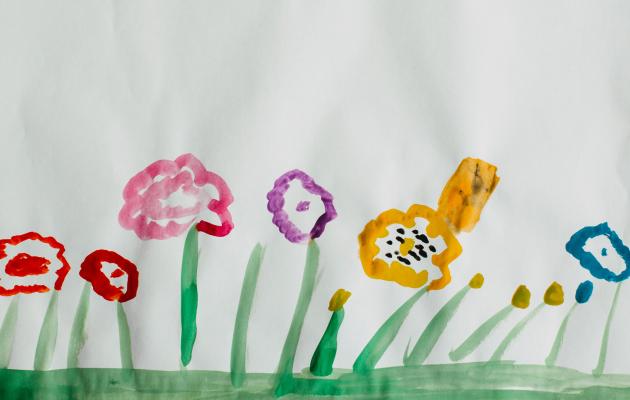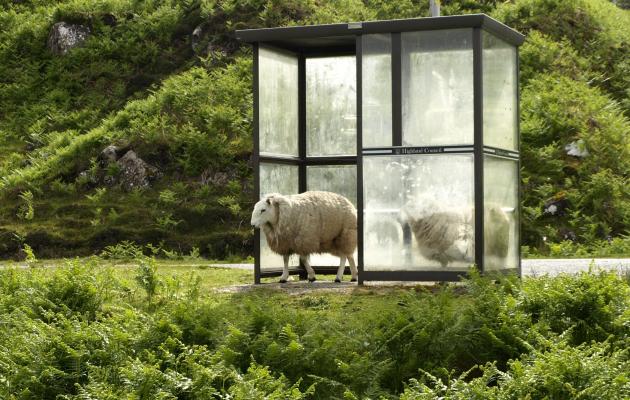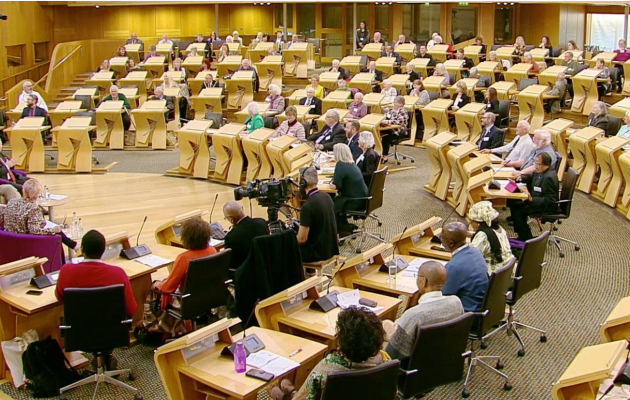Barbara Grieve, our Research and Finance Officer, has been researching a few case studies across rural and island Scotland. Here she explores tradition bearing and Gaelic.
For a number of years now, there has been a growing grassroots movement to revitalise the Gaelic culture. In the early 1980s, Fèis Bharraigh held its first arts and music festival on Barra, a southern Outer Hebridean island, to celebrate Gaelic through traditional music, song, drama and sport. This has since spawned many other Fèisean, now numbering some 40, plus other similar programmes and events around Scotland, with political recognition catching up in 2005; legislation was introduced to promote the Gaelic language so that it would command “equal respect to the English language”. In 2022, this growing celebration of Gaelic now means that in many areas of Scotland, children and young people are now able to be educated through Gaelic Medium Education. However, it is still the Western Isles (Outer Hebrides) that really typifies the Gaelic way of life.
There has therefore been a shift in mindset from Gaelic being an inferior culture to recognising its unique importance for people, for place, and for communities. The development of Cnoc Soilleir is symbolic of this: this is a multi-million-pound cultural centre currently being built in South Uist, developed because of a desire and determination on the islands to both preserve and promote the Gaelic traditions. Part of its mission statement states it will “advance education, arts, heritage, culture and citizenship or community development through the provision of opportunities for students and visitors, primarily to South Uist and more widely to the Western Isles, to engage with the local community, including fluent Gaelic speakers and tradition bearers that promote and celebrate local culture and heritage.”
Cnoc Soilleir will support the long line of tradition bearers, also referred to as ‘elders’, who have shouldered the responsibility of keeping the culture going. Tradition bearers of the community offer the most holistic approach to sustaining the heritage and identity - passing down the stories, the songs, the meanings behind place names, the traditional weaving, building and crofting techniques. They follow the customs and rituals that have been observed in these places for centuries and it is these elders who help future generations feel connected to the land and continue these traditions. They educate both the next generation and visitors through their rich understanding and respect for the islands – the place they call home, and have done for generations. And help educate local people, Scotland and the rest of the world in several indigenous farming and building techniques.
These can be considered wealth building exercises, offering many solutions to people and places as we face the climate emergency and biodiversity crisis. And given that the visitor numbers to Scotland is growing, there is growing interest in this ancient culture and what it offers in the present and for the future.
However, there are challenges ahead. Ambitions to build upon the existing cultural wealth are being hampered: young people, the next generation of tradition bearers, who want to live and work on the islands face many barriers. Education and housing are but two examples. In Glasgow, children can access Gaelic education all through their schooling but there are insufficient resources for children in the Western Isles to do so – despite the prevalence of spoken Gaelic there within the community. This then means that a young Gaelic speaking teacher who wishes to return to the islands will struggle to find affordable housing. There are complex barriers to developing the language, but in the first instance, the Gaelic communities in the Western Isles need better support. They need better transport, more affordable housing, and a greater proliferation of essential services to support young people, the future holders of Gaelic traditions and the ones to carry the past through to the present and the future.
Thanks to Pàdruig Morrison, Thomas Fisher and Theona Morrison for their insights.




